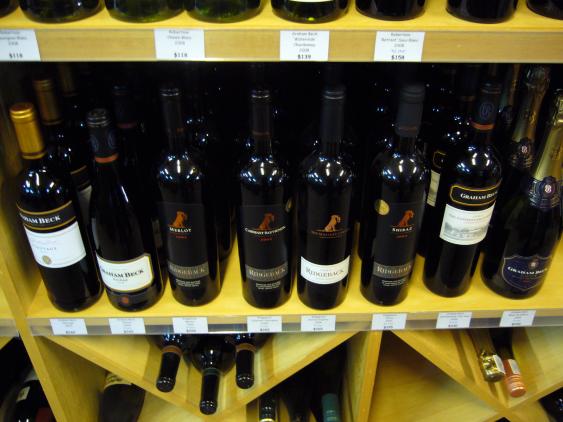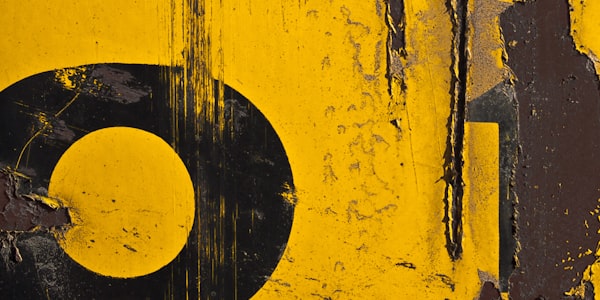David Roberts is a (not so) little Aussie battler who’s been selling wine in Aberdeen, Hong Kong, for the past four years. Aberdeen in Asia is about as far as you can get from the gateway to Speyside. Which could explain why David doesn’t mess around selling whisky at Horizon Cellars. On the subject of the Hong Kong wine market, he is remarkably candid.

“It’s like their driving – horrendous. The locals are all first generation drinkers. When me and the wife go to my in-laws over on Kowloon for a seafood feed, we’re the only people drinking wine in a restaurant of 300. It’s the old 90:10 (or could be 97:3) story: 90% of the wine is drunk by 10% of the people.”
He’s been in Hong Kong for 16 years, having arrived from Brisbane to run the Rugby Sevens. “Hong Kong is a pimple on a pumpkin” he remarks. “We’re 100 000 Caucasian ex-pats plus a couple of hundred thousand Western educated Chinese drinking wine out of a population of 7 million with another billion-odd a 90 minute drive away.”
80% of his 3000-strong customer database are ex-pats among whom his predominantly New World offerings are popular. He doesn’t bother with Chinese wine “its 80% Chilean anyway. They import in bulk and blend it with their own stuff.” SA is seriously underweight with the exception of Graham Beck, Robertson Winery and Ridgeback. “SA doesn’t have a brand – each bottle is a hand-sell. Perception is a problem; people don’t understand SA. It’s a hangover from the days of KWV when everything was thrown in a big tank. Where are the SA icons: Australia has Grange, New Zealand has Cloudy Bay?
Chile has the reputation as cheap and cheerful and Marlborough is a serious brand, outselling other whites 10:1. It’s a pouring wine in many restaurants and although it may be overly acidic and boring, as a brand it’s gigantic. SA has Pinotage; but who drinks Pinotage?”

Christmas past was his worst ever and Champagne sales are well done. Moët is the fizz for locals and Veuve for ex-pats and David estimates sales are down 60%. “There were no corporate parties. It was doom and gloom all round so everyone was gloomy. I’m the cheapest retailer of Veuve in Hong Kong and sell the stuff for HK$345 a bottle but the market is so cutthroat, if someone buys a case, it pays for the electricity for the shop for the day. That’s it.”
On the subject of the abolition of wine import taxes a year ago, he is equally honest. “My cost for Champagne didn’t decrease while restaurants and bars charge what they can get away with so no change there, either. They’re great price gougers – I’ve a Pinot Grigio one restaurant buys for HK$ 100 and sells for HK$485 while another sells it for HK$598. They blame huge rents and labour costs.”
As for the implementation of the abolition, he would have appreciated a tipoff as he had just paid duty on 4000 bottles and everyone expected prices to halve when the 40% duty was removed overnight. “Now everyone is a wine importer. They fly down to Margaret River for the weekend, get drunk and ship back a container of wine they think they can sell to their friends. I’ve got quite a bit of this kind on consignment.”



